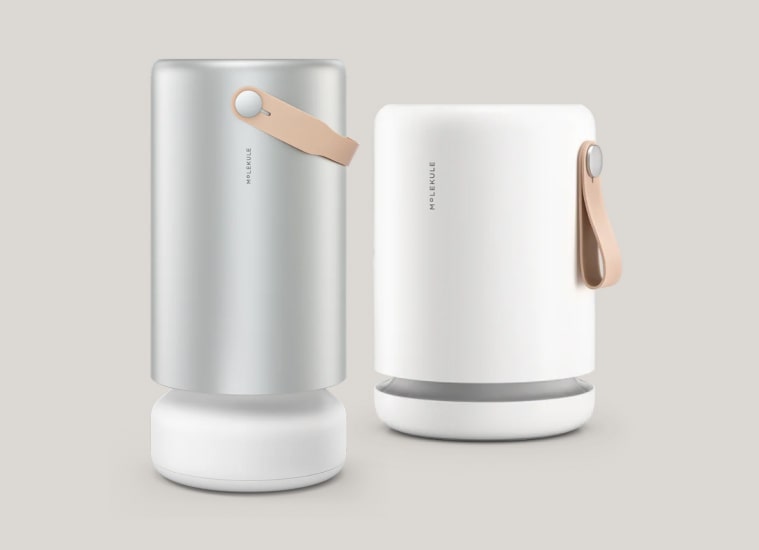Spring into Allergy Relief: Managing Seasonal Allergies in April and May

As spring rolls in, bringing warmer weather and blooming flowers, allergy sufferers often find themselves facing the challenges of seasonal allergies. April and May are peak months for allergens like pollen, mold, and dust, making it a particularly difficult time for those who suffer from hay fever, allergic rhinitis, or asthma. If you’re one of the many dealing with seasonal allergy symptoms, you’re not alone. In this blog post, we’ll share expert tips on managing your seasonal allergies in April and May, ensuring that you can enjoy the beauty of spring without letting allergies hold you back.
What Causes Seasonal Allergies in April and May?
Spring is a prime season for allergens, especially pollen. Trees, grasses, and flowers release large amounts of pollen into the air, which can trigger allergic reactions in susceptible individuals. The warm temperatures and increased humidity make it easier for pollen to travel, leading to higher pollen counts during these months. Other common allergens, such as mold and dust mites, can also exacerbate symptoms.
- Pollen: Trees like oak, birch, and cedar produce pollen in the spring, which can travel long distances. Grasses also release pollen in late spring, intensifying symptoms for allergy sufferers.
- Mold: Spring rains create the perfect environment for mold growth, particularly in damp areas like basements or outdoors on fallen leaves.
- Dust Mites: Indoors, dust mites thrive in the cooler, damp conditions of spring, adding to the indoor allergen burden.
By understanding the causes of your seasonal allergies, you can take proactive steps to manage symptoms and reduce exposure to triggers.
Common Symptoms of Seasonal Allergies
Seasonal allergies can manifest in a variety of symptoms that affect the nose, eyes, and respiratory system. The most common symptoms of allergies in April and May include:
- Sneezing: Sneezing, especially in clusters, is a classic symptom of allergy flare-ups.
- Runny or Stuffy Nose: Nasal congestion and a runny nose are common during allergy season.
- Itchy or Watery Eyes: Allergens like pollen irritate the eyes, causing redness, itching, and excessive tearing.
- Coughing or Wheezing: Allergies can trigger coughing or wheezing, particularly for those with asthma.
- Fatigue: Constant sneezing, itchy eyes, and difficulty breathing can make you feel fatigued and run down.
If you are experiencing these symptoms regularly, it might be time to adjust your allergy management routine.
Effective Tips for Managing Seasonal Allergies in April and May
- Monitor Pollen Counts and Limit Exposure: Check your local pollen counts regularly. Many weather websites and apps offer pollen forecasts, allowing you to plan your outdoor activities accordingly. On high pollen days, limit time outdoors, especially in the early morning or late afternoon when pollen levels are highest.
- Keep Windows Closed: During peak pollen season, it’s best to keep windows and doors closed to prevent pollen from entering your home. Use air conditioning with a clean filter instead to circulate cool, fresh air indoors. If possible, use air purifiers with HEPA filters to trap allergens and improve indoor air quality.
- Shower and Change Clothes After Outdoor Activities: Pollen can cling to your clothes, hair, and skin. After spending time outside, take a shower to wash away any allergens you may have collected. Change into clean clothes to avoid bringing pollen indoors and spreading it to furniture or bedding.
- Use Allergy Medications: Over-the-counter antihistamines, nasal sprays, and eye drops can help relieve the common symptoms of seasonal allergies. If your symptoms are severe, consult your healthcare provider to discuss prescription-strength options, such as corticosteroid nasal sprays or allergy shots (immunotherapy), which can provide long-term relief.
- Create Allergen-Free Zones at Home: Designate certain areas of your home, like your bedroom, as allergen-free zones. Make sure the room is thoroughly cleaned and free from allergens such as dust and pet dander. Consider using allergen-proof covers on pillows and mattresses to reduce exposure to dust mites.
- Use Nasal Irrigation: Nasal irrigation, like using a saline nasal rinse or neti pot, is a great way to clear pollen, dust, and mucus from your nasal passages. Doing this daily during allergy season can provide relief from congestion and help wash away allergens that have settled in your nasal passages.
- Protect Your Eyes: If you suffer from itchy, watery eyes, consider wearing glasses or sunglasses when going outside to protect your eyes from direct exposure to pollen. Antihistamine eye drops can also provide relief from itching and redness.
- Consult with an Allergist: If over-the-counter treatments are not providing relief, it’s a good idea to see an allergist. An allergist at Allergy, Asthma, and Immunology Medical Group can conduct tests to identify the specific allergens causing your symptoms and recommend a more targeted treatment plan, which may include immunotherapy (allergy shots) to reduce long-term sensitivity to allergens.
Enjoy Spring with Allergy Relief in Hand
April and May bring beautiful blooms and warmer weather, but they also bring the challenge of seasonal allergies. By taking proactive steps to manage your symptoms, such as monitoring pollen counts, using medications, and minimizing exposure to allergens, you can enjoy all that spring has to offer. If you’re struggling with seasonal allergies, reach out to Allergy, Asthma, and Immunology Medical Group.. Our expert team is here to help you find the right solutions for effective allergy management. Call us today at 805-658-9500 to schedule an appointment and start breathing easier this spring!




